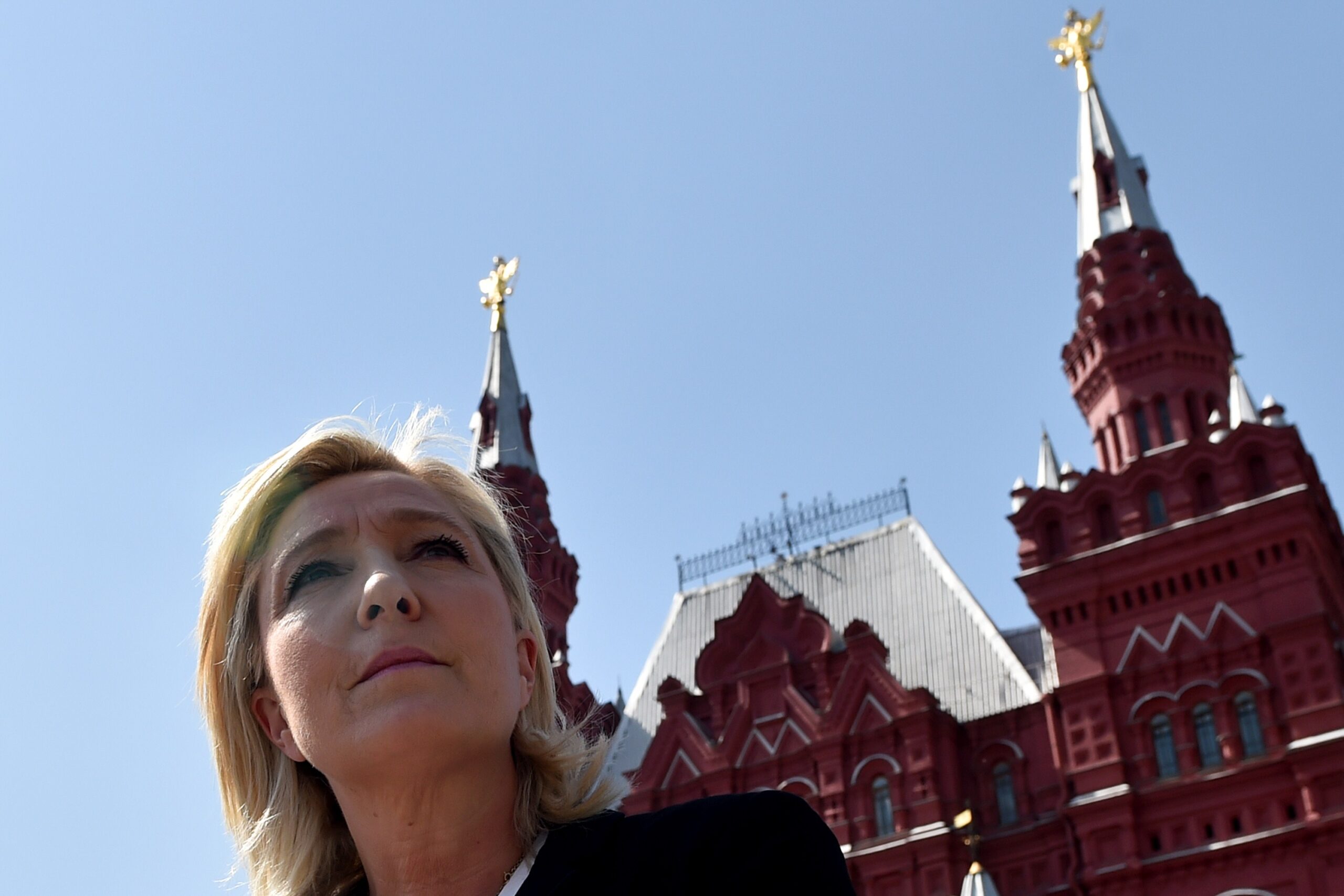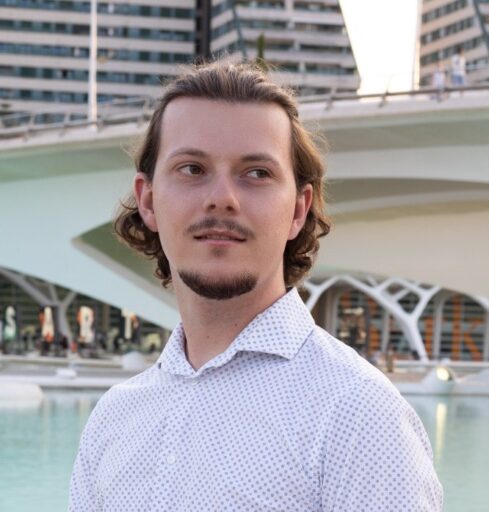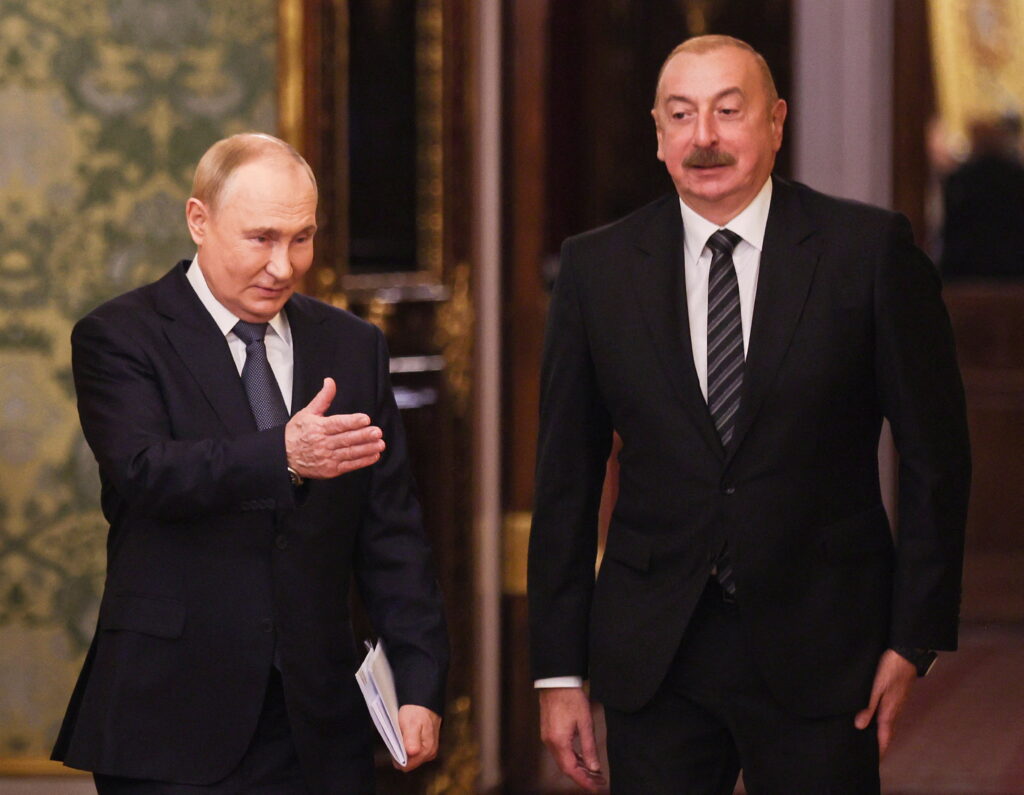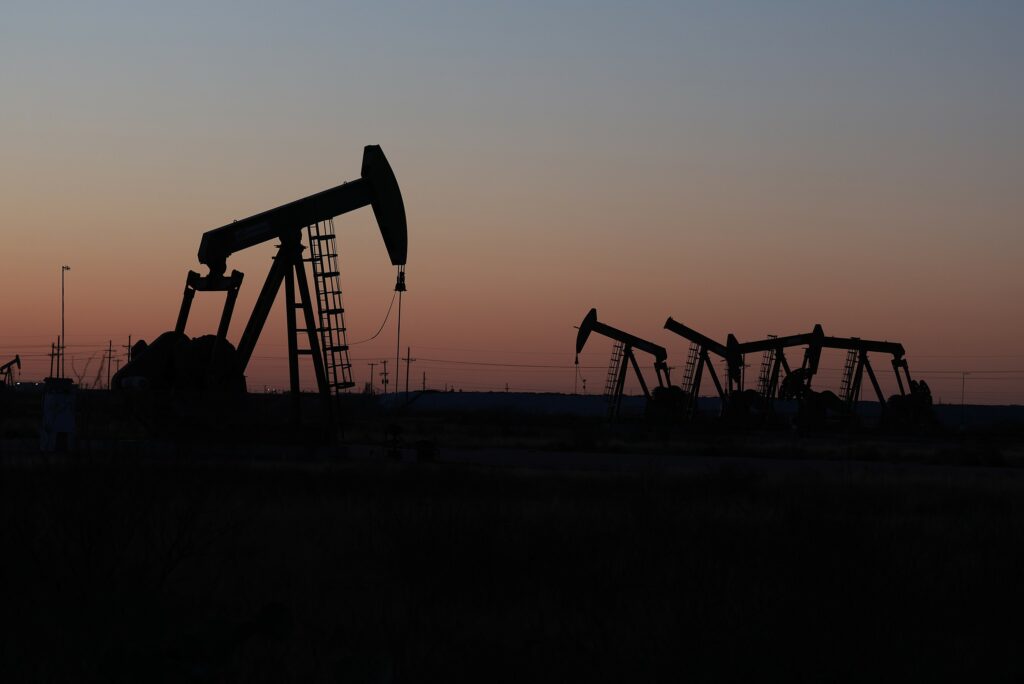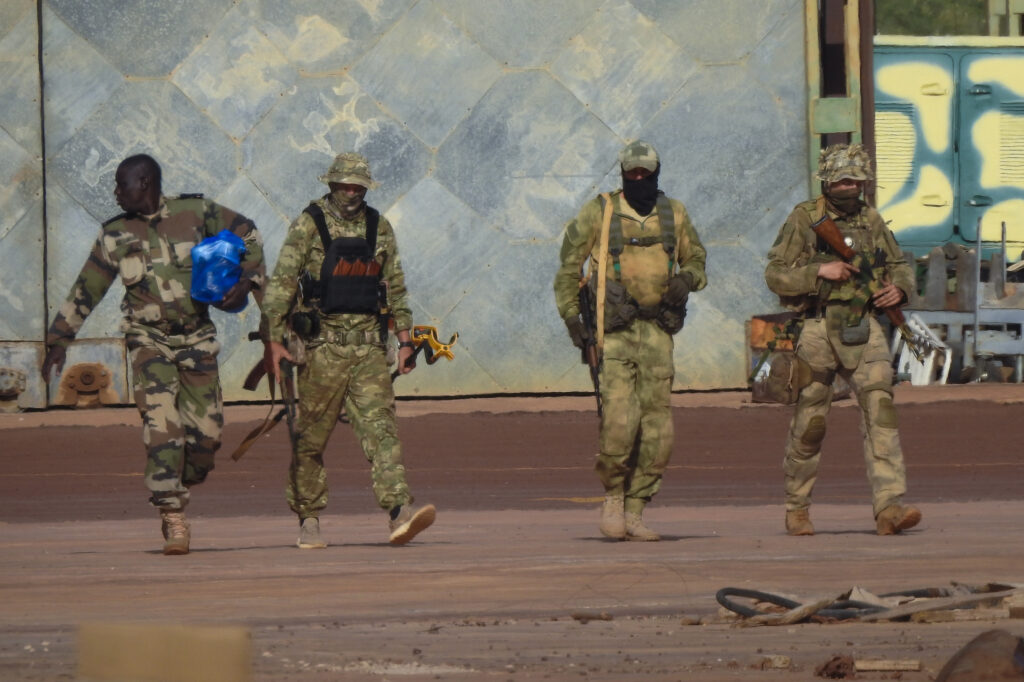Russia’s war against Ukraine has cut short the honeymoon between Moscow and many European illiberal politicians, who are now suddenly at odds with large segments of European public opinion, including many of their voters. Russia’s soft power has indeed been largely destroyed by its use of hard power in Ukraine. Russia has lost its media tools of foreign influence with the banning of RT and Sputnik from many European countries. Entrepreneurs of influence who were in charge of cultivating links with European illiberal forces, such as Russian media mogul Konstantin Malofeev, the former Russian railways director Vladimir Yakunin (sanctioned by the West since Crimea’s annexation), and the unfamous Evgeny Prigozhin are now hit by a fresh barrage of sanctions: they won’t be able to travel to Europe to meet with their counterparts; some of their assets have been seized or frozen.
Everything associated with Russia has now become highly toxic, forcing even European illiberal figures to keep their distance. Yet Russia’s ability to speak to foreign audiences and to be seen as a role model for illiberal ideology and governance has not totally disappeared. First, the war has a strong Eurocentric focus. Seen from the Global South, Russia’s legitimacy has suffered less from its actions in Ukraine: Russia still offers opportunities for economic cooperation, vaccines, and a support for moving away from Western normative pressures.
Second, some regimes continue to take a clear pro-Russian stance, such as those of Viktor Orbán in Hungary and Aleksandar Vučić in Serbia. Others continue to cultivate strategic ambiguity. Israel, for instance, has strategic motivations related to tensions in the Middle East that offers rationales to keep channels of cooperation open with Russia. Lavrov’s recent statements comparing Zelensky and Hitler and the latter’s supposed «Jewish blood» have damaged the relationship, but a previous dynamic of a strategic partnership will likely remain.
Third, there has been a divide between the far right and more mainstream populism. Because it does not follow an electoral strategy compatible with winning over the median voter, the radical far right does not have to be in tune with public opinion, and can therefore keep a pro-Russian stance that reinforces its counter-cultural posture. But more mainstream populist movements that care about their electoral prospects (since they actually have a fighting chance of winning an election and, therefore, governing, at least in a coalition) have had to nuance their positions on Russia. Unlike in Europe, in the US the pro-Trump camp, with media figures such as Fox News anchor Tucker Carslon and right-wing commentator Candace Owens can continue to exhibit a pro-Russian stance.
The French connection
However, in Europe illiberal leaders had to nuance or tone down their previous exaltation of the Russian model. The most illustrative example has been the French case, as the first two months of the war coincided with the presidential campaign that resulted in the more centrist incumbent candidate, Emmanuel Macron, being reelected with 58% of the vote against far-right challenger Marine Le Pen, at 41.6%.
The Le Pen family has long-lasting ties with Russia. These were initiated by Marine’s father Jean-Marie Le Pen; they extend to her niece and competitor, Marion Maréchal, as well as to many of Marine’s collaborators. During the first-round presidential campaign, Marine Le Pen got an unexpected challenger in the form of journalist Éric Zemmour, who promoted a much more radical agenda (reactionary moral values and an obsessive anti-Muslim stance compared to Le Pen’s softened language), while still trying to reach out to mainstream conservatives.
Both Le Pen and Zemmour have been explicitly pro-Russian. Le Pen has extensive links with Russia, including financial ones (her party is set to pay a settlement of € 12 million to a Russian military contractor stemming from a € 9.4 million loan from 2016 still unreimbursed), which is not the case with Zemmour. Yet, the latter failed at adjusting the tone of his pro-Russian stance to the context of the war and French public opinion, while Le Pen succeeded in framing it in a non-confrontational way.
As part of her strategy of normalization of her party, the Rassemblement National (National Rally: RN), Marine Le Pen has become an expert in ambivalent statements, usually on French domestic politics, which allows her to speak to her multiple constituencies. She has able to apply her skills to Russia-related foreign policy issues. On February 24, the day of Russia’s full-scale invasion of Ukraine, she released a statement on the official website of the RN titled «War in Ukraine: Marine Le Pen Calls for an End to Military Operations.» Condemning Russia’s invasion, she stated explicitly that «no reason could justify the launch of military operations against Ukraine by Russia,» something she confirmed at length the next day on BFM TV, one of France’s biggest networks. Yet her successive statements also brought forth some nuances. She expressed doubts about sanctions packages, arguing that they were ineffective and will hurt the French population. A few days later she declared that if she were elected, she would withdraw France from NATO military integrated command and build a new partnership with Russia once peace was secured, in order to prevent Russia from moving toward a closer partnership with China. She insisted on presenting herself as equidistant from the United States and Russia and rejected being too dependent on either country, playing on Gaullist references.
The RN has followed the same line. On March 1, the European Parliament voted to adopt a resolution condemning Russia’s aggression in Ukraine—a resolution that the RN voted in favor of, while adding that the party disagreed with strengthening NATO or EU enlargement. But more vocal figures can be found within the RN too, such as Jean-Paul Garraud. As a Member of the European Parliament and the official spokesperson for Marine Le Pen, Garraud has issued a number of polemical statements on the conflict. He has accused the EU of being obsessed with waging culture wars during a time of real war, of dismissing complaints from Poland and Hungary about funding mechanisms, and of risking accepting those who wouldn’t be «real Ukrainians.»
Éric Zemmour was not as successful as Marine Le Pen at maintaining strategic ambiguity toward Russia. In 2018, he praised Putin as an example of a leader dedicated to defending his country and the interests of its people, declaring, «I would dream of a French Putin.» Less than two weeks before Russia’s invasion of Ukraine, he celebrated Russia for showing that a great power can be reborn with a strong foreign policy and a strong military. After February 24, his numerous appearances on television and social media showed his failure at negotiating, on the one hand, criticisms of Russia’s war, and, on the other, condemnations of the West for failing to understand Russia’s concerns, such as calls to stop NATO expansion and for the rebuilding of France as a great power that could distance itself from the United States.
Both Le Pen and Zemmour have been taking more or less the same rhetorical stance toward Russia, but the devil is in the nuances, and at that game Le Pen succeeded in achieving strategic ambiguity, while Zemmour failed. The French case thus highlights how much European illiberal figures will now have to balance their pro-Russian stance with much more subtlety and adapt to their respective national contexts when discussing the war.
So, what’s next?
Russia will have to reinvent its soft power if it wants to continue to secure some echo chambers in targeted foreign audiences. Because Russia’s new post-February 24 identity is still in flux, it is difficult to export such a swiftly changing brand. But once the regime stabilizes and the war either comes to an end or reaches the point of stalemate, Russian actors such as state-funded media for external audiences, public diplomacy institutions such as Rosotrudnichestvo, The Russian World Foundation, and myriad entrepreneurs of influence in charge of exporting ideological frames that resonates with foreign audiences will try to rebuild some networks and language. Yet they will have to work in a more hostile environment, with less chance for success, and a smaller budget available to «lubricate» the relationships.
Yet the dream expressed by some Western experts of turning Russia into a giant North Korea-type of pariah state, totally autarkic, is misguided: Russia may have become toxic in the West, but not to the «rest,» and even in the West there will remain some pro-Russian voices, even if they are marginalized. More importantly, culture wars don’t just disappear, because they are embedded in local realities and agendas. What we will see is a partial decoupling of being pro-Russian from the taking of a populist, Euroskeptic, or illiberal stance. Francis Fukuyama‘s idea that «a Russian defeat will make possible a new birth of freedom» appears particularly naïve: the toxicity of today’s Russia doesn’t erode the structural reasons for illiberal politics to prosper and resonate with more anxious parts of European societies.
